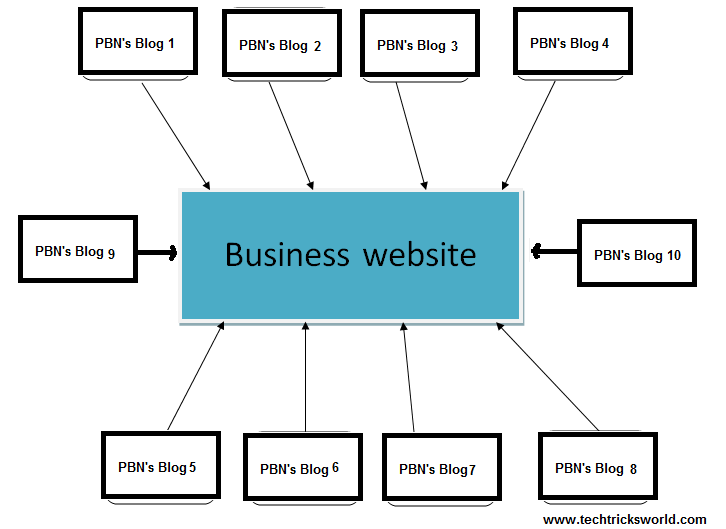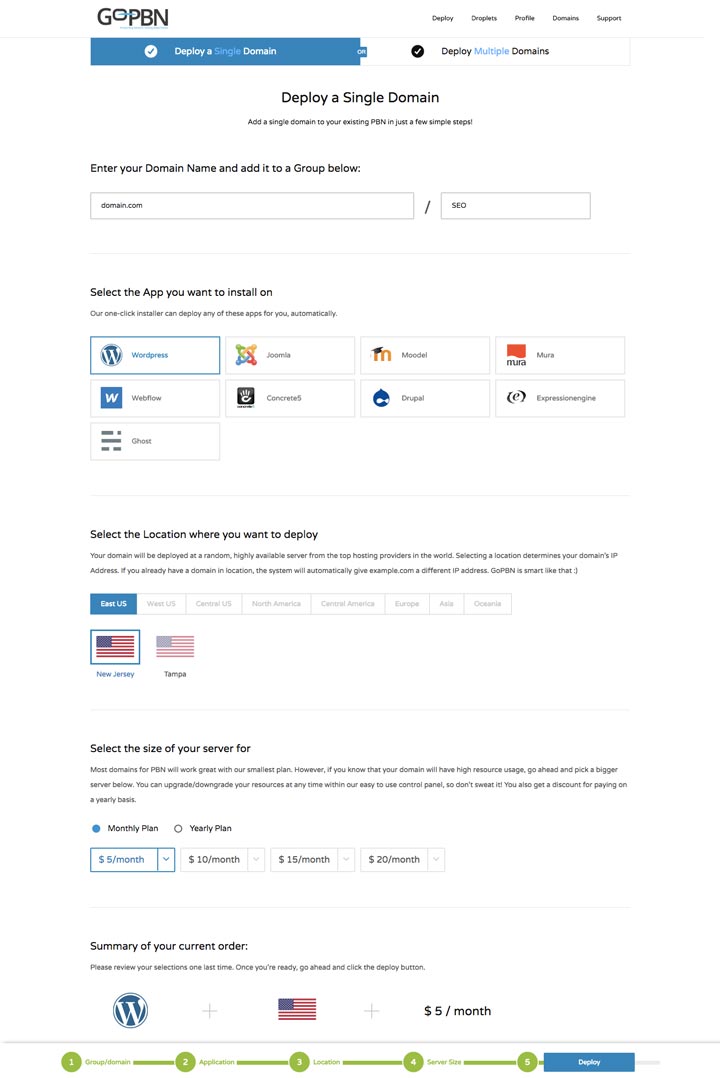All Categories
Featured
Table of Contents
They can additionally much more quickly outperform competitors for vital keywords in their particular niche. Semantic Search engine optimization is the procedure of building even more definition and topical depth right into web material.
Crawlers simply tried to find specific key phrases on a web page to recognize significance and relevance. However most of us know that there is a whole lot more that enters into recognizing human language than just words we utilize. Context, facial expressions, tone, and the paragraphs before and after our words, all effect their significance.
: and therefore give users with even more relevant search outcomes. With these improvements, Google can look at an item of material and comprehend not only the topic it covers, but the associated subtopics, terms, and entities and exactly how all of those different ideas interrelate.

The fact is, searchers aren't necessarily just looking for one details solution when using Google; they are typically trying to recognize an offered topic with more depth. What's the difference between white hat and black hat links? In terms of the search experience, it's far much better for the customer to discover a single piece of content that answers all of those relevant questions instead than different pieces of web content for each specific concern.
Whats The Most Suitable Semantic Seo Content Analysis To Buy
It enables them to obtain more extensive details without needing to repeatedly return back to the search bar. Although semantic SEO approaches require more time and initiative for content teams, the advantages are significant. A lot more keyword rankings in natural search. Enhanced material high quality signals in the eyes of Google spiders.
Incorporated together, they are all fixated improving topical depth and much better sharing the definition of internet content. Because Google isn't reliant on just one keyword phrase per page, your content group need to be maximizing your websites for several keywords in the exact same semantic collection. Search phrase clusters are groups of similar key phrases that share semantic relevance.
One of the most simple semantic SEO technique is to increase the size of your internet material by providing an extra thorough exploration of your subject. Content size is not a main ranking factor, longer web content is much more most likely to display more powerful semantic signals. Likewise, a number of researches have revealed the solid correlation between longer material and higher-ranking placements.
How Much Does Semantic Markup In Seo Service Cost?

Instead, the most effective method to raise the length of your web material is to be a lot more certain, nuanced, and comprehensive with the info you're supplying customers regarding the key subject. With Google's boosted formulas and NLP models, there is no requirement for users to pack their content filled with their keyword target in order to rate.
They're not a ranking variable, yet adding these terms to the content using web page titles, meta summaries, h1-h6s, and image alt text can improve topical deepness and semantic signals, while additionally making the content extra legible and nuanced for searchers. Another method to boost the semantic deepness of your web content is to respond to the typical questions that customers are asking in relation to your primary search phrase.
They essentially offer the "cheat codes," to improve topical deepness. Screenshot from SearchAtlas, February 2022 A SEO web content writer could absolutely check out the material position on the first page to identify the vital terms. Material optimization software does the same work in a matter of secs. By including those terms, topics, or concerns onto the page, you enhance topical depth and thus practice semantic search engine optimization.
Subject clusters are groups of web content pieces that are focused around a central subject. The keyword cluster imagined in approach # 1 is a component of a larger topic cluster concentrated on link structure. The numerous write-ups (each targeting their very own key phrase cluster) all web link back to a key "column web page," that is concentrated on the larger subject of web link building.
Top Semantic Seo Vs Traditional Seo Shop Near Me
By doing so, Google will not just link your website with a couple of keywords but several bigger subjects and the thousands of key words and search inquiries that relate to them. Featured Photo: pogonici/Shutterstock.
In the old days, when search engines weren't as progressed as they are today, discovering exact solution to queries in a solitary click was a rarity. As an example, a look for "MySpace vs Facebook", would possibly lead users directly to these internet sites rather of offering a clear comparison in between the 2.
What Is The Premier Semantic Seo Content Strategies Company?
Google AI Overviews Research Study by SE RankingDownload our research study and find out what search phrases trigger AIOs and a lot more! Click the web link we sent you in the email to validate your emailand obtain AI Overviews Research by SE Ranking is the procedure of optimizing your web content for a subject rather of for a single key words or expression.
This approach helps look engines provide even more meaningful outcomes and improves the total user experience in search. Semantic search engine optimization, at its core, is about creating extensive content with all the needed information for a details subject. To create compelling web content and maximize a site for presence in search outcomes, it is critical to grasp Google's current methods to ranking sites and showing info on SERPs.
Latest Posts
Which Is The Leading Semantic Seo Tools Company
What Is The Leading Structured Data For Semantic Seo Business?
Who Is The Most Trusted Semantic Keywords